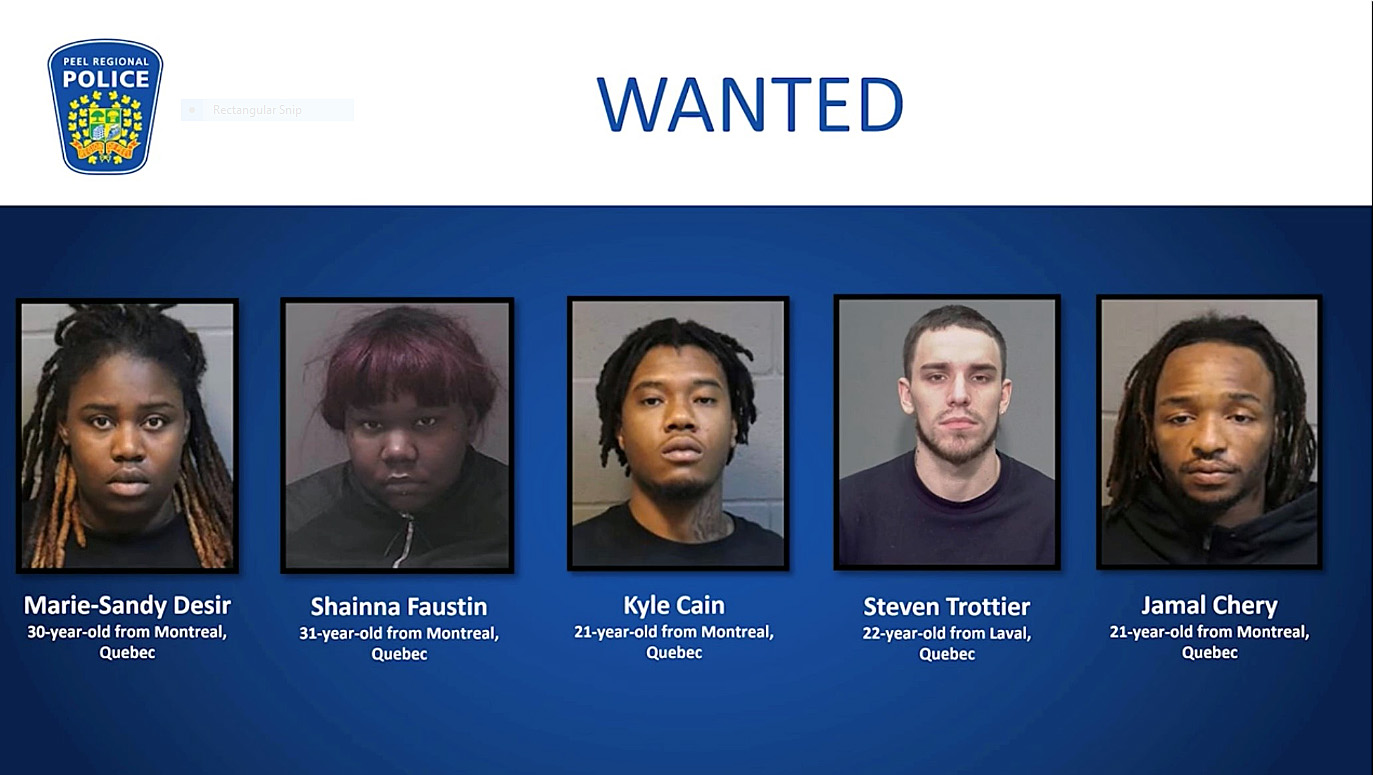Infra
Toronto sends rideshare licensing cap plan back to staff for review

A plan to limit the number of licences issued to private ride-share drivers in Toronto has been put on hold.
At Tuesday’s executive committee, councillors agreed to asked staff to review congestion measures and consumer protections before making any final recommendations.
“Our key task is to support drivers, protect consumers against price surging, all of that,” Toronto Mayor Olivia Chow said at the meeting.
“My team tried to take all the concerns that you folks have, that I’m hearing today, consolidated it and say, ‘Let’s give it another try. Let’s see if we can do better’.”
A spokesperson for Uber Canada told CTV News Toronto it will “review the referral closely.”
Coun. Jennifer McKelvie thanked the committee for asking staff to take another look at this report, pointing to the differing transit needs across Toronto, notably how in downtown it’s faster to get from point A to B on the subway, while those in the suburban areas may need to rely on ride-sharing services to cut down their travel times.
“I think that as much as we always want to have policies that are the same everywhere in the city we can’t forget that the lived experiences of people in the city are very different based on where you live geographically,” the deputy mayor and Scarborough-Rouge Park representative said.
“I think it’s good that we’re having another shot at this and digging deeper into those issues, in particular with how it can impact people in the suburbs disproportionately and what impacts it can have cross-boundary.”
In comments made ahead of the meeting, Chow said part of the reason why the committee was exploring the cap is to alleviate congestion in the downtown core.
“A third of [drivers] are in downtown are sitting waiting for fares, which means that it contributes to congestion,” she said at a media availability Tuesday morning.
“It means that while they’re waiting, they’re not earning anything.”
Chow said that since a report on rideshare services was commissioned by the city last October, driver wages for companies like Uber have dropped from $8 an hour to $6.
She cited events like Taylor Swift’s Eras tour and TTC closures that lead to a practice called surge pricing, and said it was unclear how much of the fare increase goes to the company and how much goes to the drivers. Chow also said the practice is making Uber trips unaffordable for riders.
Uber Canada said earlier on Tuesday that “the number of rideshare drivers on the road is 15 per cent lower than pre-pandemic levels. Only a third of licenced drivers complete a trip on a given day. The City staff report itself says that rideshare only accounts for 4.5% of total traffic citywide.”
“The City has spent this year extensively looking at the root causes of traffic in the city and not once was Uber mentioned,” the company said in a written statement.
Representatives from Uber attended Tuesday’s committee meeting, hoping to make their case.
In a report released last week, city staff recommended that council amend the current vehicle-for-hire bylaw to cap the number of private transportation company (PTC) licences at 80,429.
The cap would not apply to zero emission and wheelchair accessible vehicles.
The report also said that in Sept. 2024, about 33 per cent of the distance PTC vehicles travelled across the city was spent “cruising for a passenger.”
“The number of empty rideshare cars have increased,” Chow said.
“More and more they’re waiting for fares, which makes it really hard for the city of Toronto especially in the downtown core.”
The cap would operate on a “one-in, one-out system,” keeping the number of drivers “static.”
Chow admitted Tuesday morning that there is a bit of red tape around implementing the cap, saying drivers with licences from surrounding cities where different rules apply, like Mississauga or Markham, can still cross municipal boundaries and pick up rides in Toronto.
This is not the first time that Toronto has tried to reel in the number of rideshare drivers operating in the city. It previously tried to stop giving out licenses last year, but resumed after a legal battle with Uber Canada.








